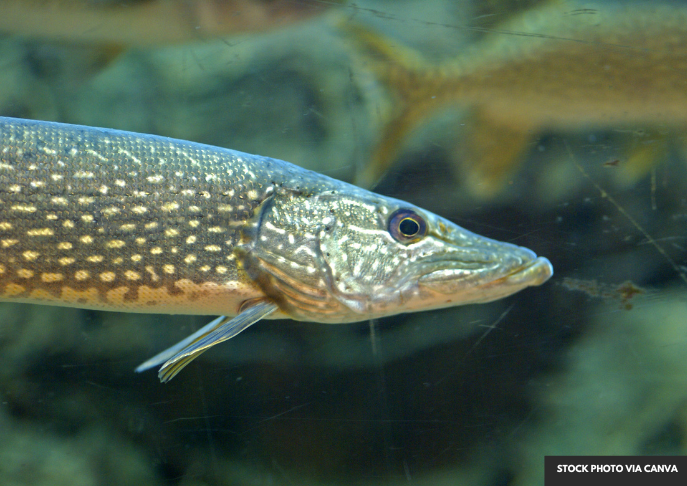Anglers across Wisconsin are eagerly anticipating the opening of the general inland fishing season on Saturday, May 4. The Department of Natural Resources (DNR) fisheries biologists are optimistic about anglers' success on opening day, regardless of their chosen fishing spot.
To participate in the upcoming season, all Wisconsin residents and nonresidents over the age of 16 must purchase a fishing license, which can be obtained through the DNR's Go Wild license portal or from a licensed agent.
The 2024-2025 fishing season introduces several new regulations, including a statewide daily bag limit of three walleye/sauger per day on all inland waters and a new small tournament registration requirement. Additionally, bag and length limit changes for fish species have been implemented in 26 counties across the state.
As anglers prepare for the season opener, the DNR reminds them to practice responsible fishing habits, such as minimizing the spread of aquatic invasive species, preventing the spread of fish diseases, and practicing safe catch and release techniques. Boaters are also urged to follow safe boating procedures and always wear a life jacket.
With over 15,000 inland lakes, 42,000 miles of perennial streams and rivers, and extensive Great Lakes and Mississippi River shorelines, Wisconsin provides anglers of all skill levels with a wide range of fishing opportunities. The recently updated Trout Regulations and Opportunities User Tool (TROUT) can help anglers navigate the state's 13,000 miles of trout streams, while the DNR's fishing webpage and local fisheries biologists can provide additional information on new fishing spots and launches.
MOST READ NEWS:
Fishing Trip Turns Tragic: Two Indiana Men Drown, Granddaughter Survives
A family fishing outing on an Illinois lake ended in tragedy Sunday when a boat capsized, claiming the lives of two Indiana men and leaving their young granddaughter as the sole survivor.
Texas Hunting and Fishing Licenses Now on Sale for 2024-2025 Season
Hunters and anglers in Texas can now purchase their licenses for the upcoming 2024-2025 season. The Texas Parks and Wildlife Department (TPWD) announced that new hunting and fishing licenses went on sale Thursday, with current licenses set to expire at the end of August.
Striped Bass Die-Off Expected in South Carolina's Lake Murray
Boaters and anglers on South Carolina's Lake Murray should brace for an unsettling sight in the coming weeks: dead and dying striped bass. The South Carolina Department of Natural Resources (DNR) has issued a warning about an impending fish die-off caused by a natural phenomenon known as the "temperature-oxygen squeeze."
New Crappie Fishing Regulations Take Effect in North Mississippi Lakes
Anglers casting their lines in North Mississippi's popular fishing lakes will need to adjust to new regulations aimed at protecting crappie populations. The Mississippi Department of Wildlife, Fish and Parks (MDWFP) has implemented stricter catch limits in response to increased fishing pressure and technological advancements.
Texas Hunting and Fishing Licenses Set for August 15 Release
Texas outdoor enthusiasts should mark their calendars for August 15, when new hunting and fishing licenses for the 2024-25 season go on sale. The Texas Parks and Wildlife Department reminds hunters and anglers to review their options and ensure they're properly licensed before the September 1 start date.


